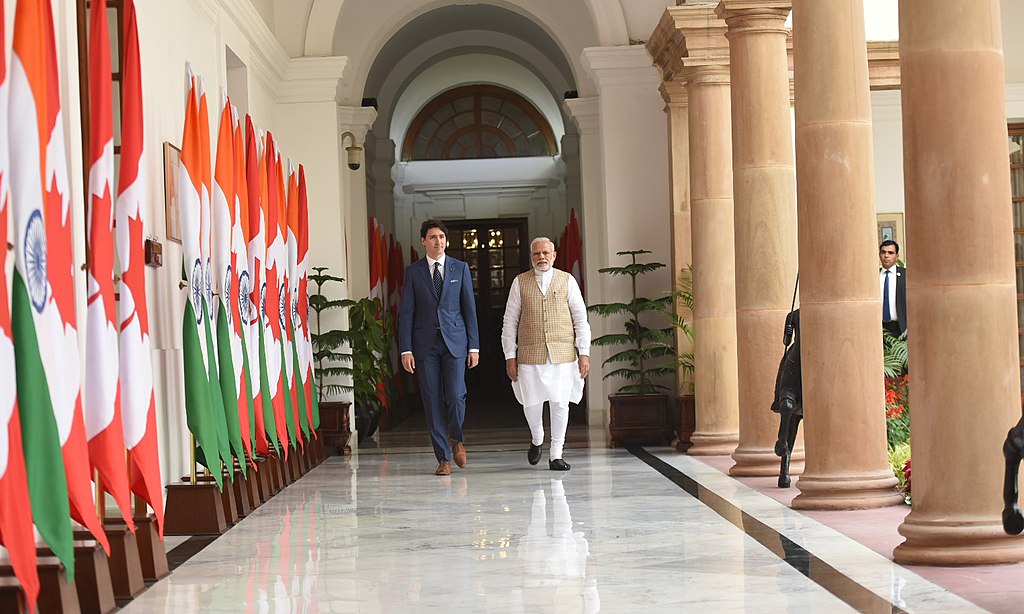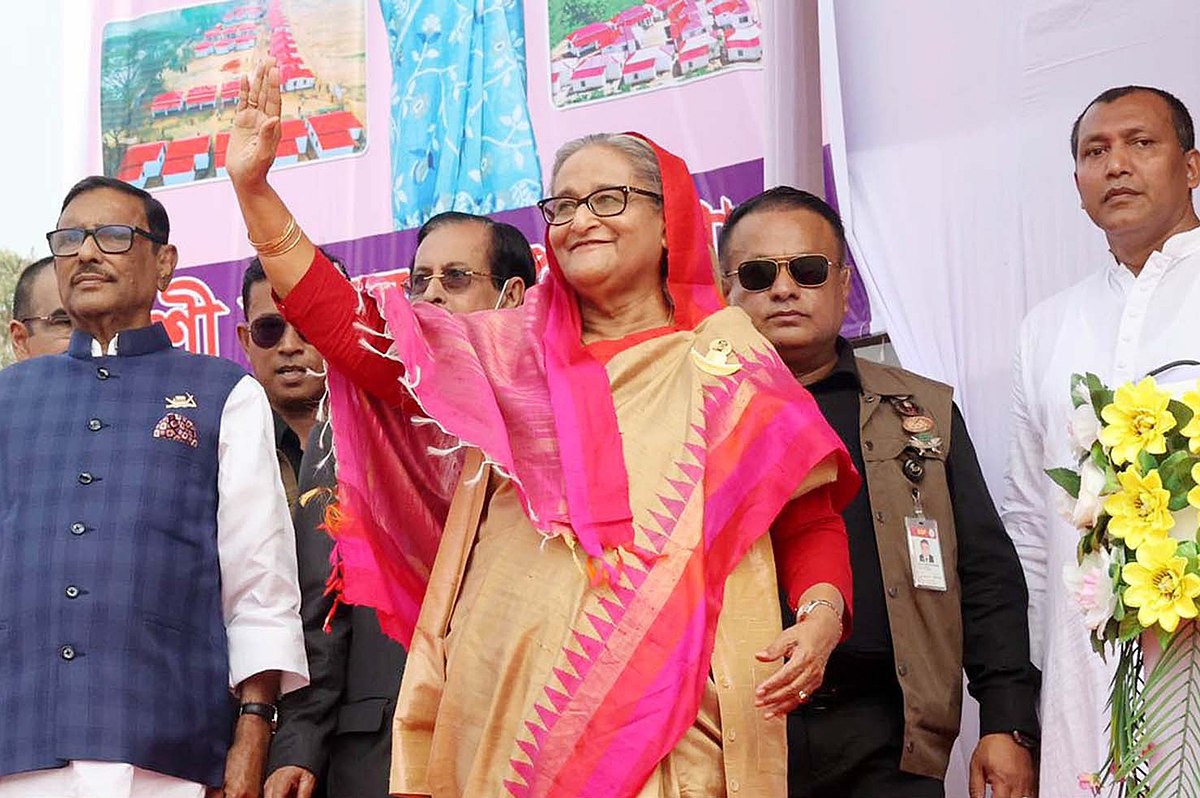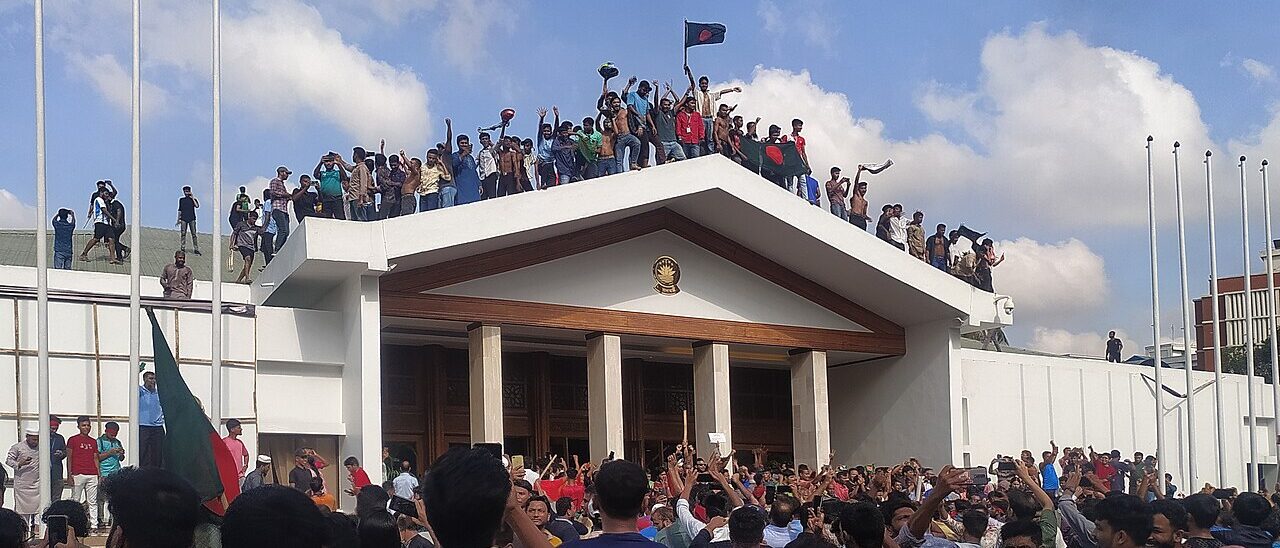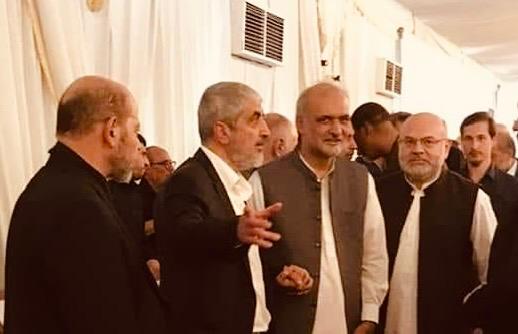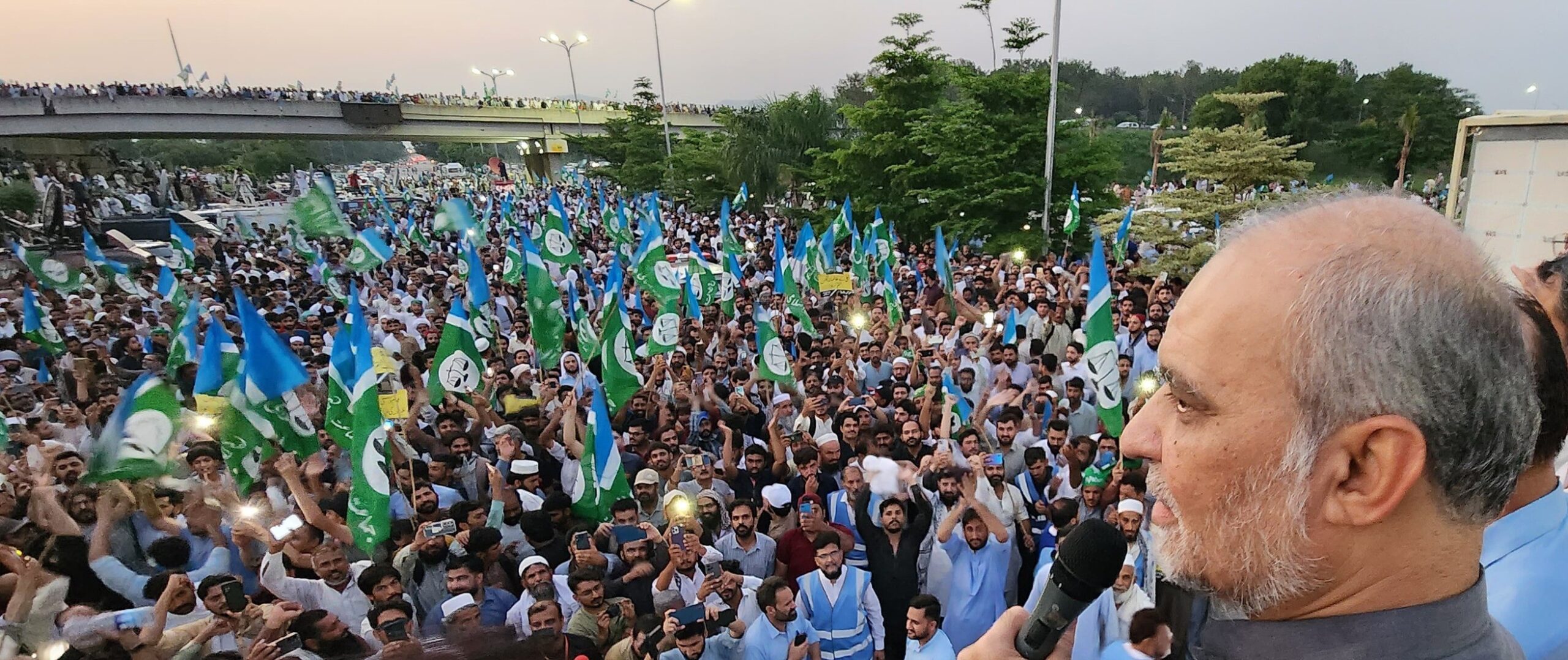This is a summary of the original article appeared in the Editorial section of the The Times UK under the headline “The Times view on the killing of Hardeep Singh Nijjar: Prime Suspect” that may be found here
The unusual nature of Canada accusing India, a historically friendly nation and Commonwealth partner, of involvement in the murder of a Canadian Sikh political activist named Hardeep Singh Nijjar on Canadian soil has taken global community by storm. This accusation has led to a deterioration in relations between the two countries, including the expulsion of diplomats from both sides.
Global community has expressed concern over the implications of this accusation, suggesting that if proven true, it could drastically alter how India, the world’s largest democracy, is perceived internationally. India’s Prime Minister Narendra Modi has been known for his strong leadership and assertive policies, including a decline in global rankings for religious and press freedom. Additionally, Modi’s foreign policy has shown a reluctance to condemn Russia’s actions in Ukraine, primarily motivated by trade and Moscow’s role as an arms supplier. However, the alleged involvement of Indian government agents in a foreign political assassination could place India in a category of states known for such actions, akin to Russia.
The situation also poses a challenge for the United Kingdom, which finds itself in a difficult position. On one hand, the UK values its close ties with Canada, a NATO partner and intelligence ally through the Five Eyes alliance. On the other hand, it seeks to strengthen its commercial relations with India, which is projected to become one of the world’s largest economies in the future. The UK has invested political capital in pursuing a trade deal with India, and its officials have sought to build a relationship with Modi. However, Trudeau’s warning that Indian involvement would violate Canada’s sovereignty could lead to diplomatic tensions with the UK, potentially requiring actions like the sanctioning of the Indian high commission in London.
The diplomatic fallout from this incident is likely to be substantial. Unlike previous incidents involving Russia, where reprisals were directed at Russian embassies in the West, this case involves the alleged murder of a Canadian citizen in Canada by a foreign power, making it a significant provocation. The author suggests that Indian leaders, including Modi and those in India’s intelligence apparatus, may come to regret their involvement in such a situation.
WHERE DOES US FIGURE INTO THIS SITUATION?
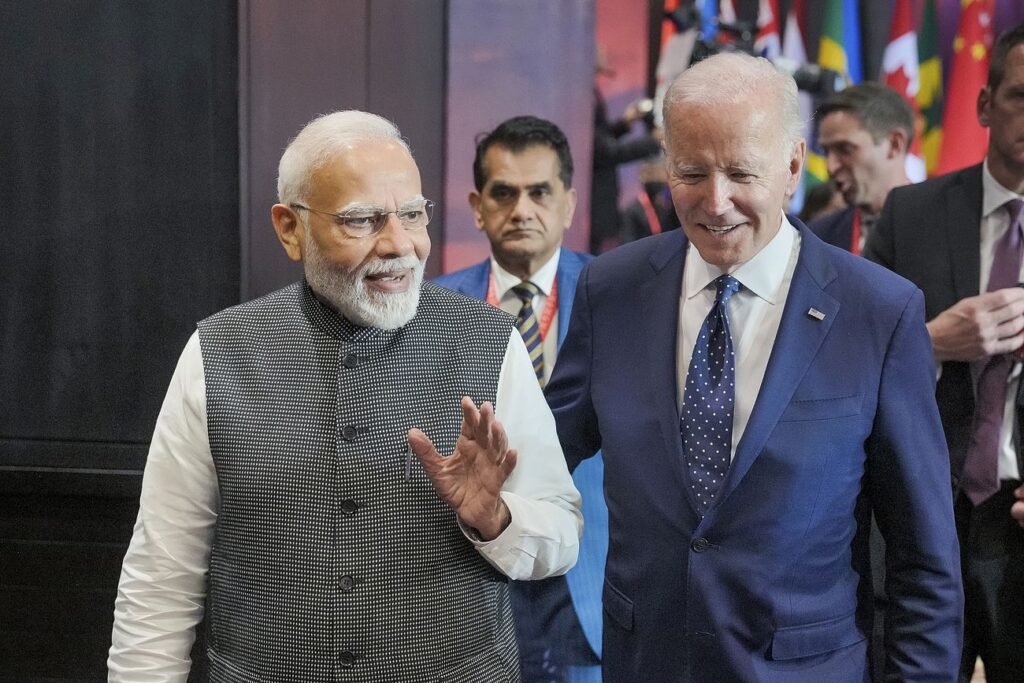
This is a summary of the original article appeared in the New York Times under the headline “Biden Is Caught Between Allies as Canada Accuses India of Assassination” that may be found here
President Biden faces complex foreign policy challenges in relation to India and Saudi Arabia. Despite his commitment to defending democracy, President Biden has encountered dilemmas when dealing with these two nations, which have questionable records on democracy and human rights.
One recent incident exemplifying these challenges is Canada’s accusation that India orchestrated the assassination of a political opponent on Canadian soil. This put President Biden in a delicate position as he seeks to strengthen ties with India. Simultaneously, the Biden administration is reportedly in negotiations for a new defense treaty with Saudi Arabia, a nation criticized for its lack of democracy and numerous human rights abuses.
President Biden has shifted away from framing international relations solely in terms of democracy versus autocracy. Instead, his administration prioritizes building alliances to counteract threats from Russia and China. Critics argue that this shift diminishes the emphasis on promoting democracy and human rights in American foreign policy.
Nonetheless, the Biden administration maintains that it remains committed to democracy and human rights even when engaging with countries like India. Nevertheless, some observers raise questions about the administration’s commitment, given its actions such as negotiating defense treaties with nations that have autocratic tendencies.
The views expressed herein may not necessarily reflect the views of JI FAD and/or any of its affiliates

